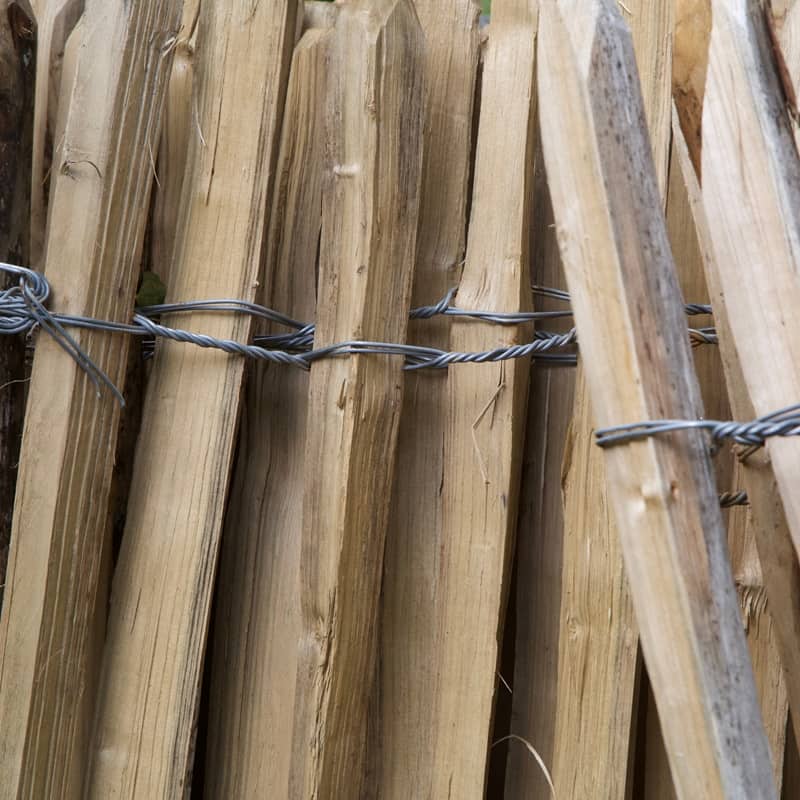
Chestnut fencing vs other types of fencing: what are the advantages and disadvantages?
A fence is an important aspect of every garden. It offers privacy, safety and could be decorative as well. There are so many different types of fences available on the market that it might be difficult to see which type of fence fits your needs best. That is why we would like to compare the advantages and disadvantages of chestnut fencing vs other types of fencing.
These are chestnut fences
Chestnut fences, also commonly called English or French fences, are made from chestnut poles that have been connected by wire. They are a popular choice for garden fences due to their natural appearance and durability. Chestnut fences are available in various heights and can be used for many different goals, such as making a border, dividing various parts of a garden or by blocking off ponds.
Advantages of chestnut fencing
One of the largest advantages of chestnut fences is their natural appearance. This means they fit well in almost all gardens and landscapes. Chestnut fences are durable and can last for years without a lot of maintenance. They are relatively easy to install and can be moved or reinstalled when necessary.
Disadvantages of chestnut fences
The main disadvantage of chestnut fences is that they are not as strong as some fences, such as metal fences. This means they are less suited for certain goals that require a sturdier fence.
Other types of fences
Aside from chestnut fences, there are different kinds of enclosures. Some of the most popular options are:
- Wooden fences: these are available in various heights and lengths and can be used to create more privacy and safety. They are also durable and will last long, but do require occasional maintenance.
- Metal fences: these are available in various styles and materials, such as iron, aluminium and steel. They are durable and sturdy and can be used particularly for enclosing and providing a secure barrier.
- Plastic fences: these are available in different colours and styles and are easily maintained. They are less durable than wood or metal and tend to get discoloured or damaged over time.
Advantages and disadvantages
Each type of fencing has its own advantages and disadvantages. Wooden fencing have a more natural appearance and are more durable, but often need more maintenance. Metal fences are sturdy and durable, but can rust and are often more expensive. Plastic fences are easily maintained and cheap, but last less long and do not have a natural look.
Chestnut fences vs other types of fencing: which is best suited for you?
The answer to this question depends on various things, such as the goal of the fence, the preferred look and the budget. If you are looking for a natural look to make an enclosure for smaller animals such as dogs and sheep, then chestnut fences are a great option. If you are looking for a sturdy fence for larger and heavy animals, metal fencing may be a better option.
Conclusion
There are various different fences available on the market, each with their own advantages and disadvantages. Chestnut fences are popular due to their natural appearance and durability, but they are potentially less suited for larger animals such as horses. Other types of fencing each have their own qualities, but it is good to keep the goal in mind when buying a new fence.
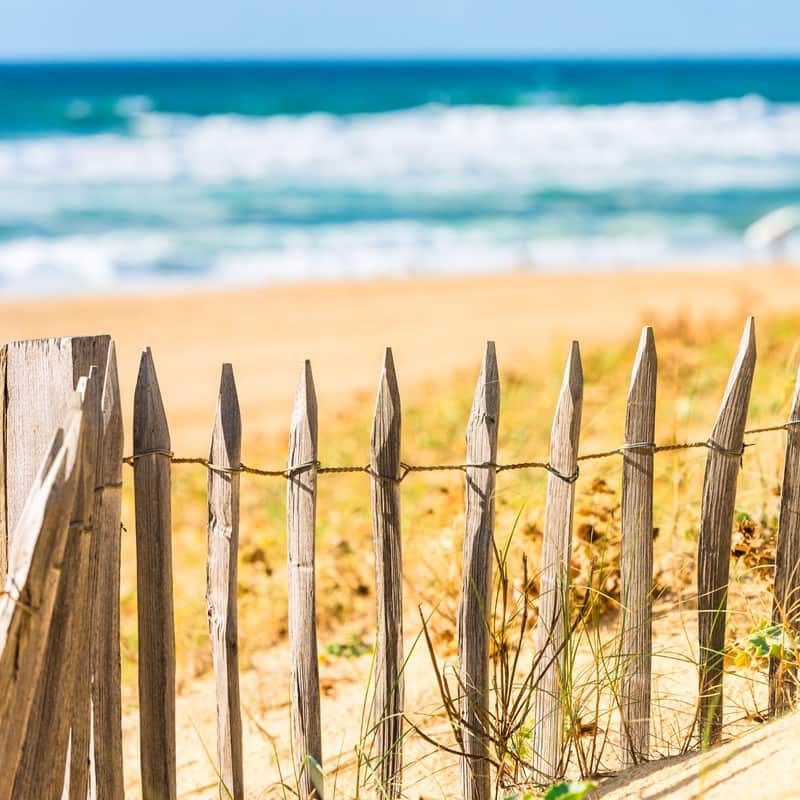
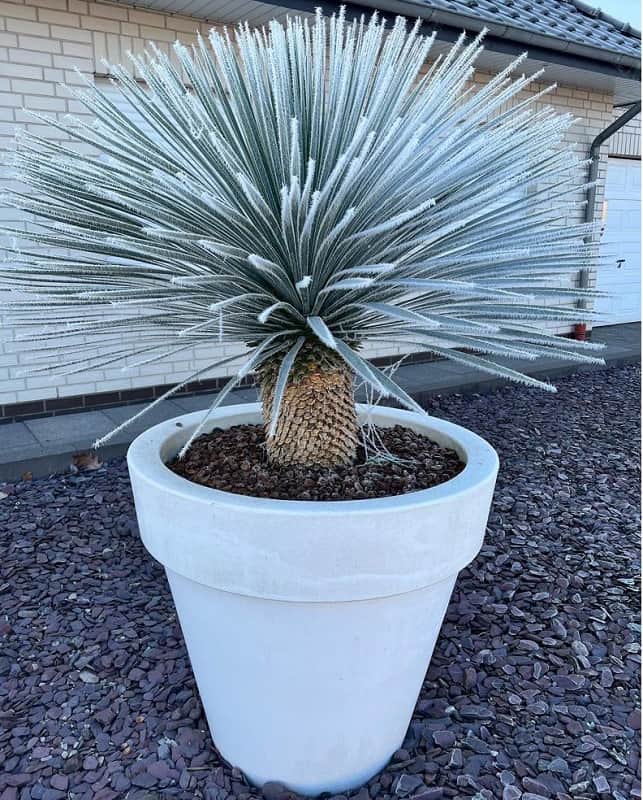
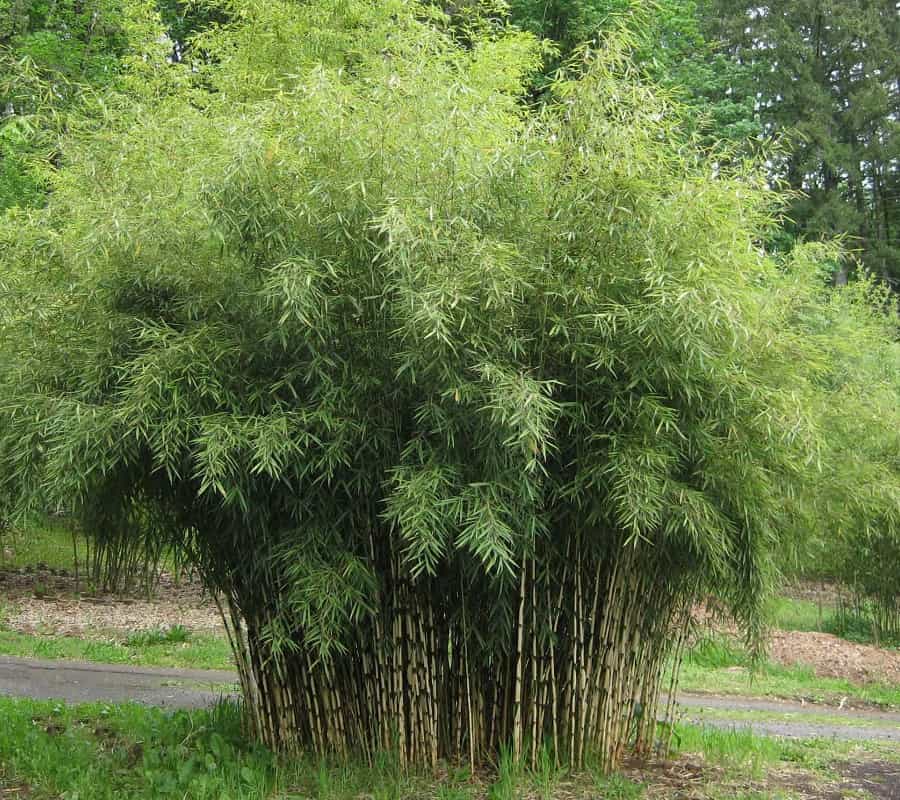
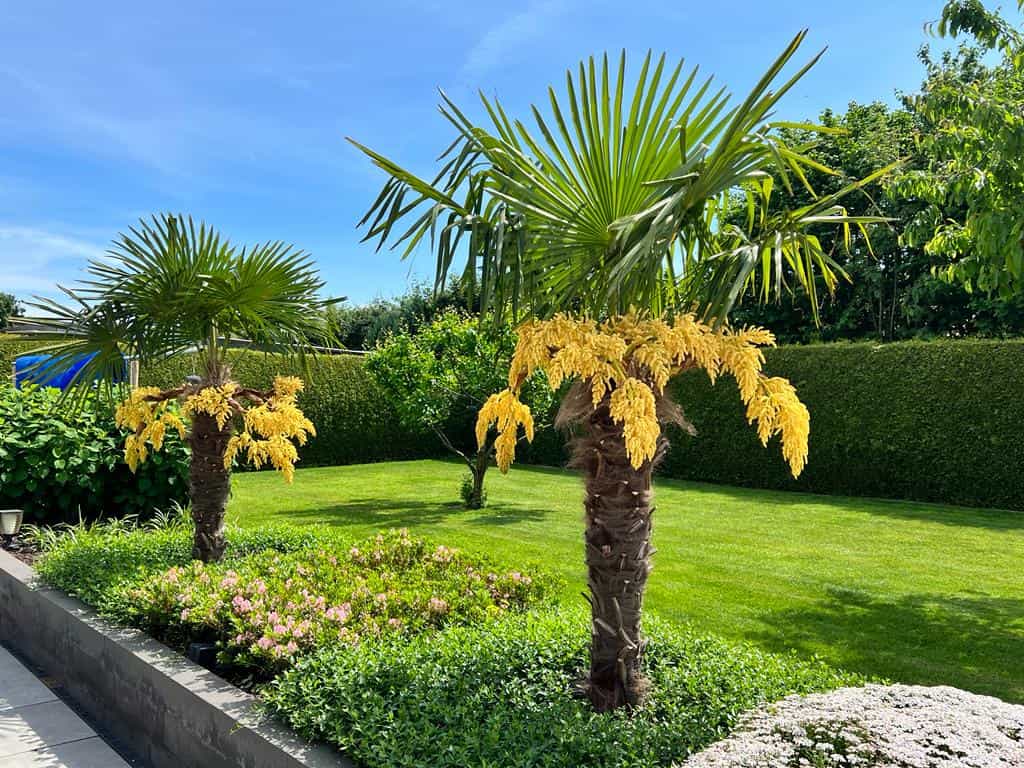

Comments (0)